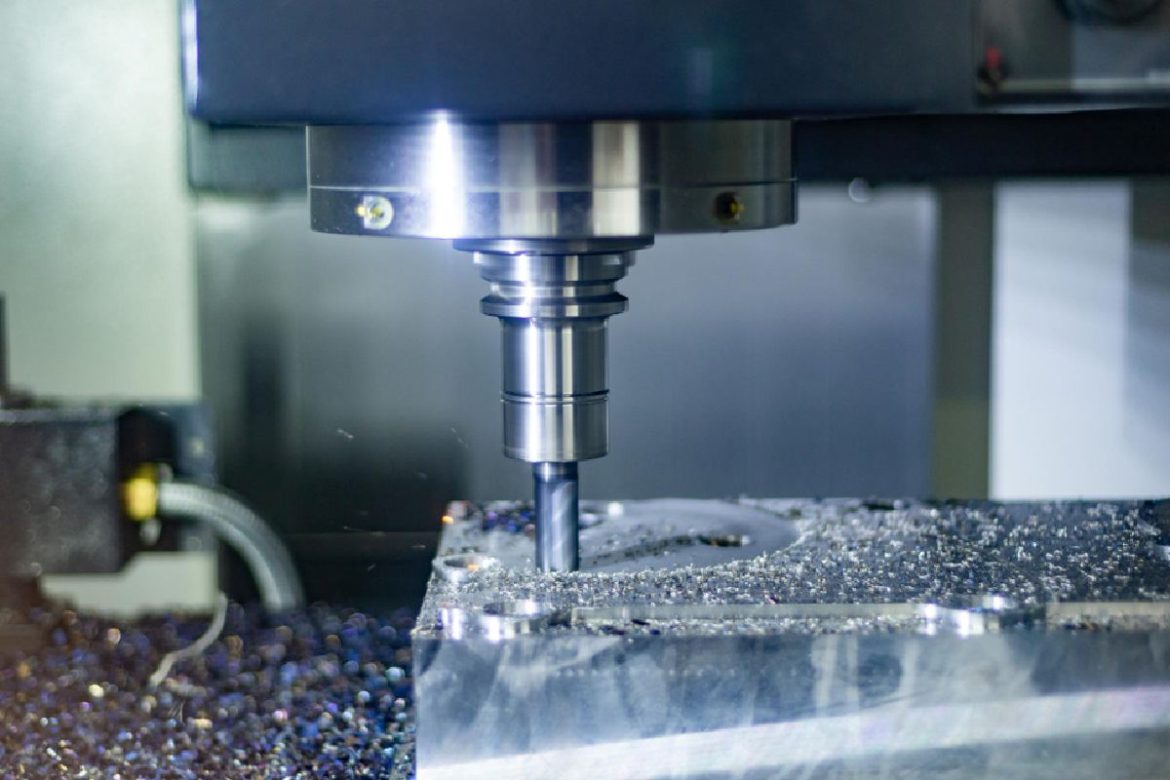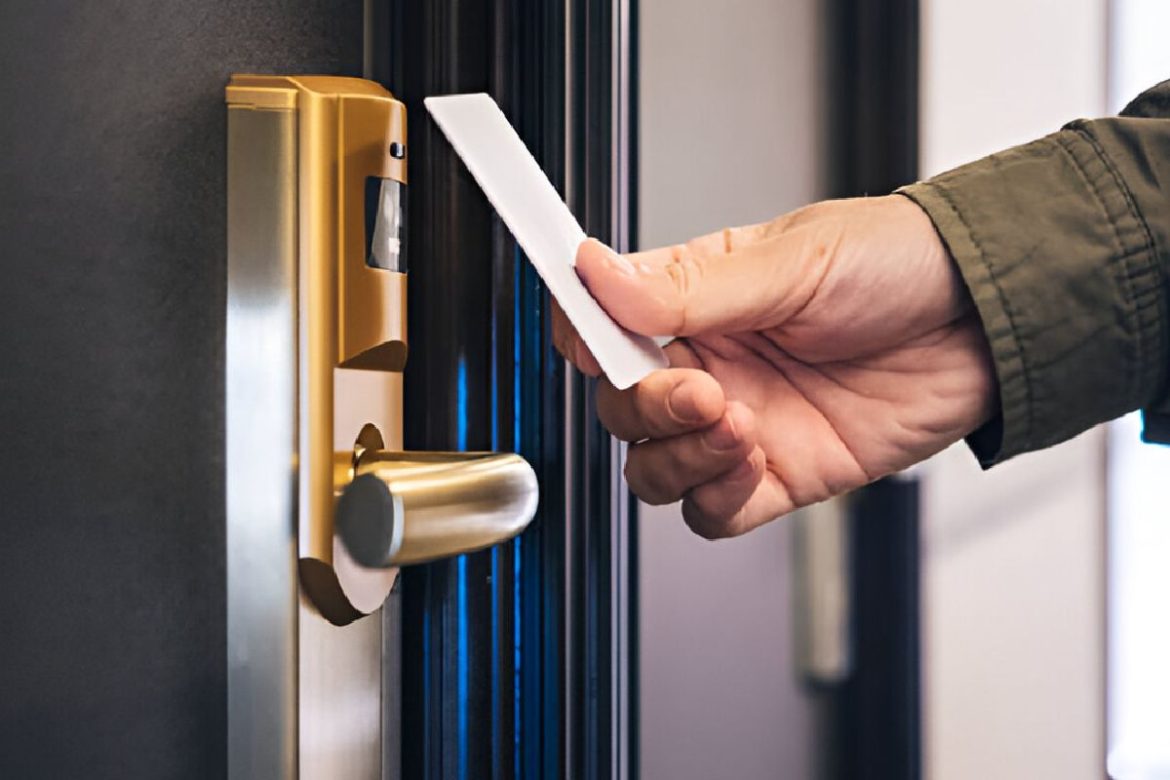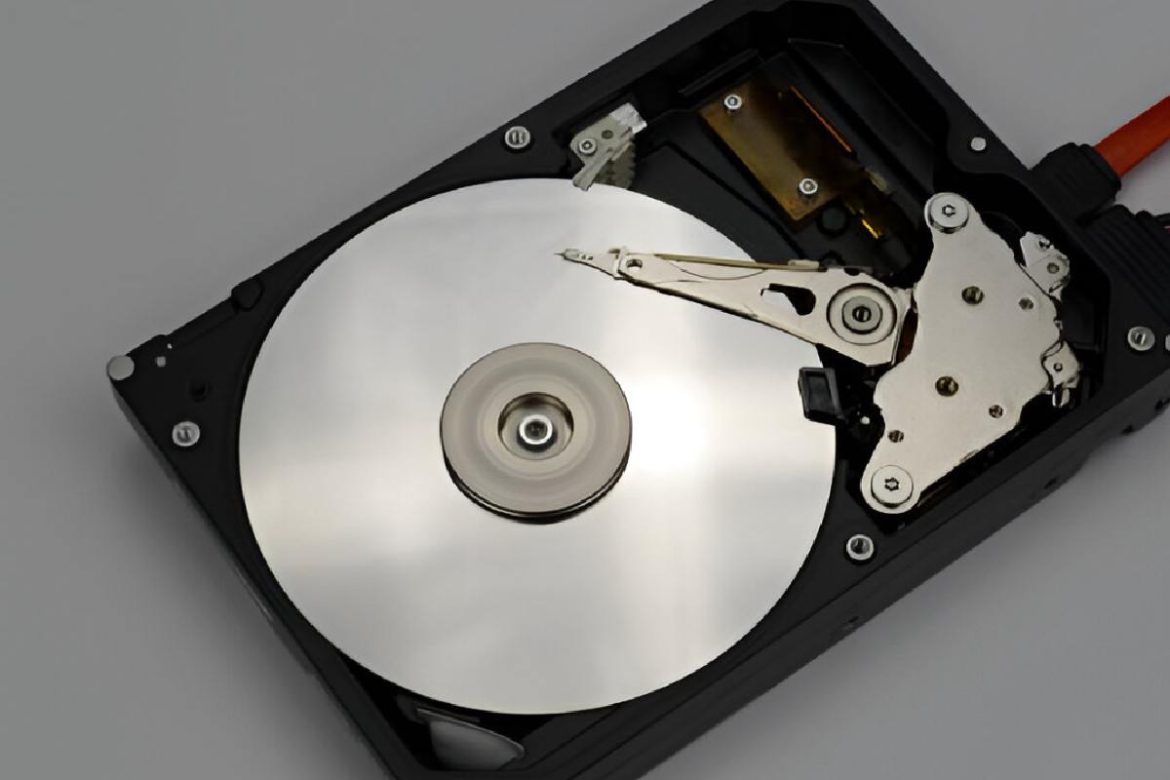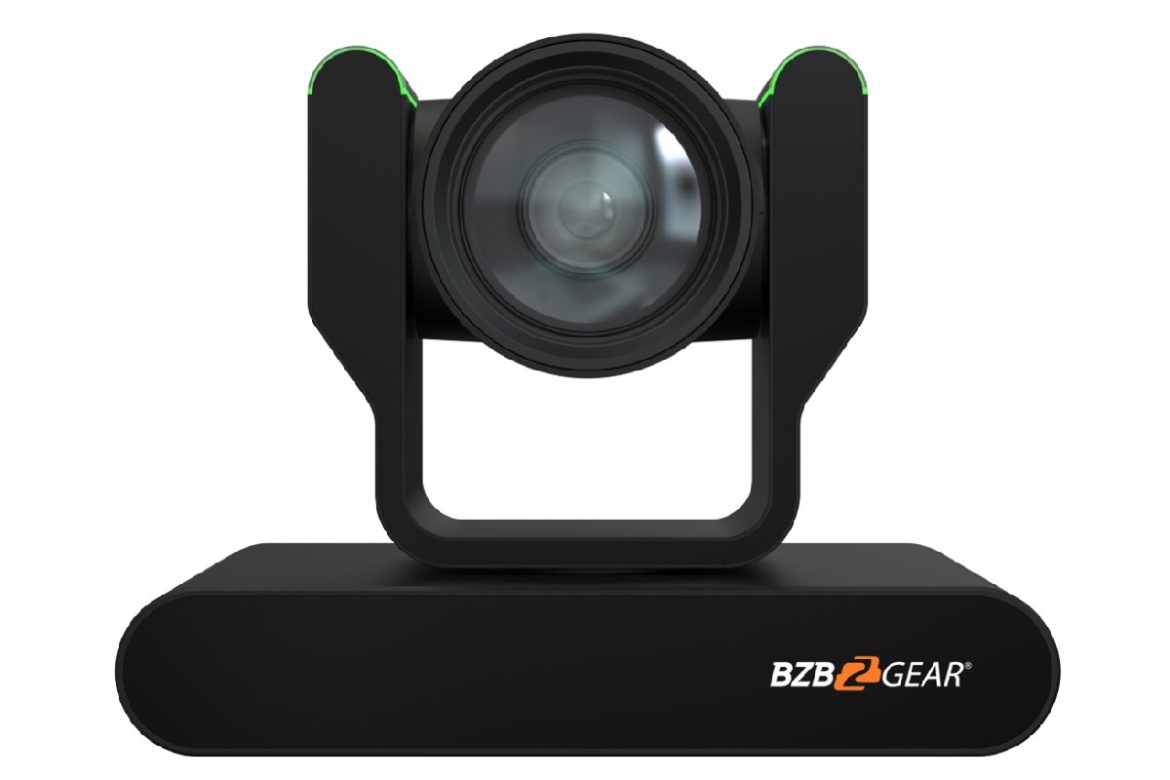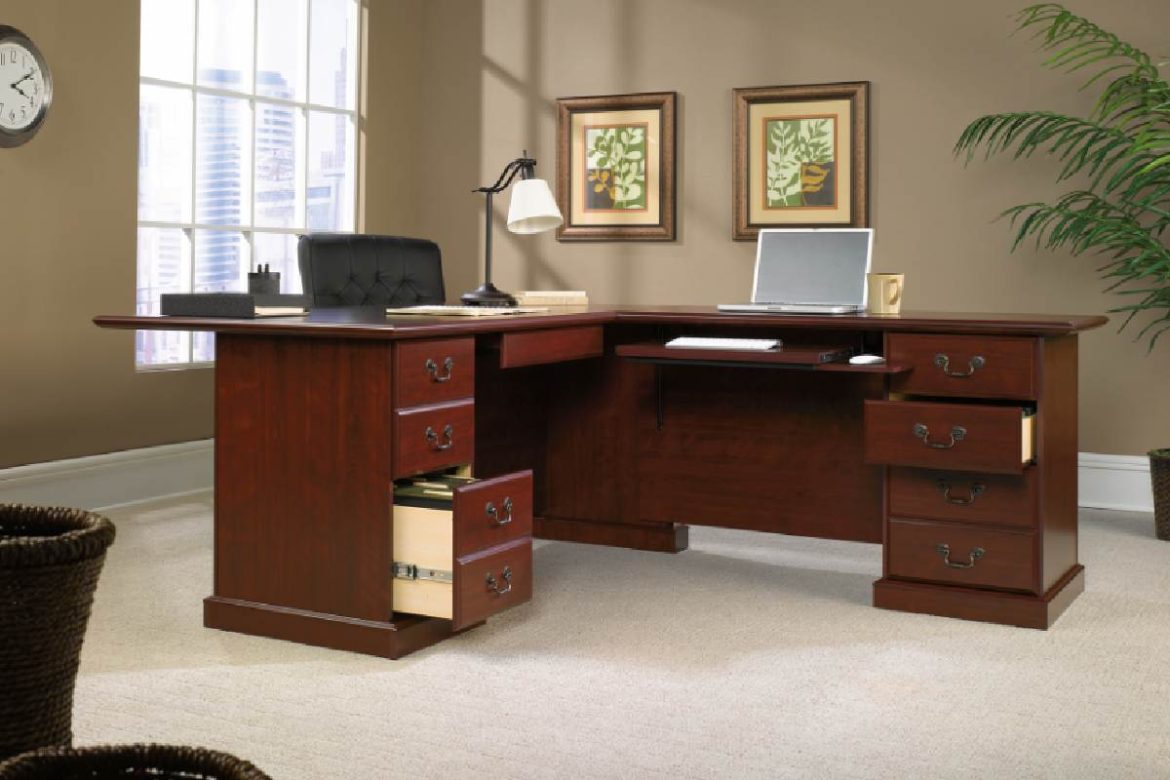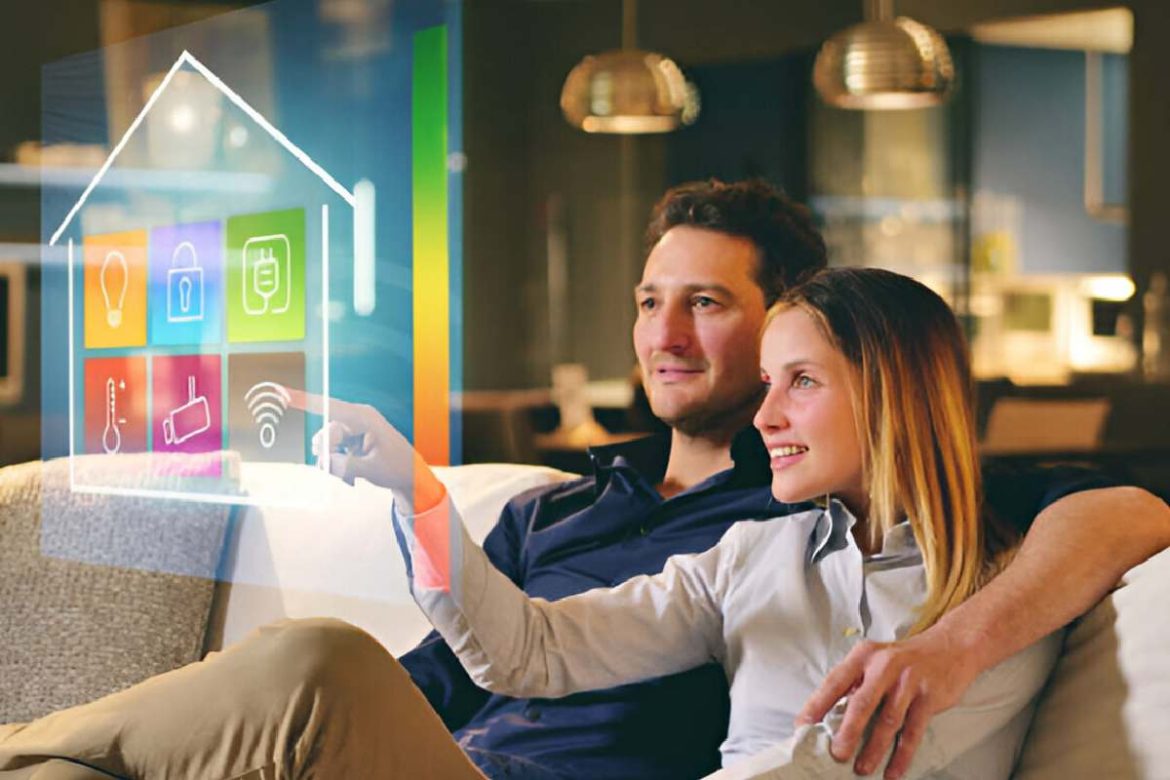Metal CNC machines are essential for workshops looking to boost production quality and efficiency. They can handle complex designs and materials with remarkable accuracy, making them a must-have for fabricators, engineers, and hobbyists alike. However, with the vast array of metal CNC machines available, choosing the right one for your workshop can be a daunting task.
When looking into the many metal CNC machines on the market, it’s crucial to understand what each machine can do for your business. CNC, which stands for computer numerical control, allows you to automate the machining process by programming precise movements and operations. This reduces human error and significantly increases production speed. Depending on your workshop’s requirements, you may need a machine capable of cutting, drilling, milling, or even engraving metal. Each machine has different capabilities, and understanding them will guide you toward making the right investment.
1. Assess Your Workshop’s Needs
Are you primarily focused on metal cutting, drilling, or milling? Do you work with small components, or do you need a machine that can handle larger, industrial-sized projects? These parameters help narrow your search.
Also, if you handle a variety of metal types—such as aluminum, steel, or titanium—ensure the machine you choose is capable of working with all the materials you work with without compromising precision or speed.
2. Consider the Machine’s Power and Size
Machines vary greatly in terms of spindle speed, torque, and power, and the size of the machine will determine the size of the workpieces it can handle. If your workshop has limited space, you’ll want a compact machine that still offers the necessary power for the types of metal you work with.
High-powered machines are generally better for harder metals like steel, while softer metals like aluminum may not require as much power.
3. Look for Automation Features and Compatibility
One of the primary advantages of metal CNC machines is their ability to automate repetitive tasks, allowing you to complete complex jobs with minimal human intervention. Advanced automation features, such as tool changers and auto-feed systems, can help maximize efficiency. If you plan on scaling your production, choosing a machine with these features can save you time and labour costs down the line.
Also, ensure that the CNC machine’s software is compatible with the design tools you currently use. Some machines come with proprietary software, while others allow for integration with third-party CAD/CAM programs. Compatibility with your existing systems is essential to maintaining a smooth production process.
4. Budget Considerations
CNC machines are a significant investment, and prices can vary widely depending on the machine’s size, power, and additional features. It’s important to set a budget early on and stick to it while ensuring you get the best value for your money. Keep in mind that more expensive machines often have better durability and performance, which can lead to long-term savings through reduced maintenance and increased productivity.
In addition to the upfront cost, consider the long-term expenses associated with operating the machine, such as maintenance, energy consumption, and tool replacement. Sometimes, opting for a machine with a higher initial cost but lower long-term expenses is the smarter financial choice.
5. Research Support and Service Options
Finally, the support and service options provided by the manufacturer should be taken into account. CNC machines are complex, and downtime due to maintenance or repair issues can be costly. It’s crucial to choose a machine from a reputable manufacturer that offers excellent customer support, warranties, and readily available replacement parts.
Before making a purchase, read reviews and talk to other workshop owners who have experience with the machine you’re considering. Their insights can help you avoid potential pitfalls and ensure you’re choosing a machine that will meet your workshop’s long-term needs.

